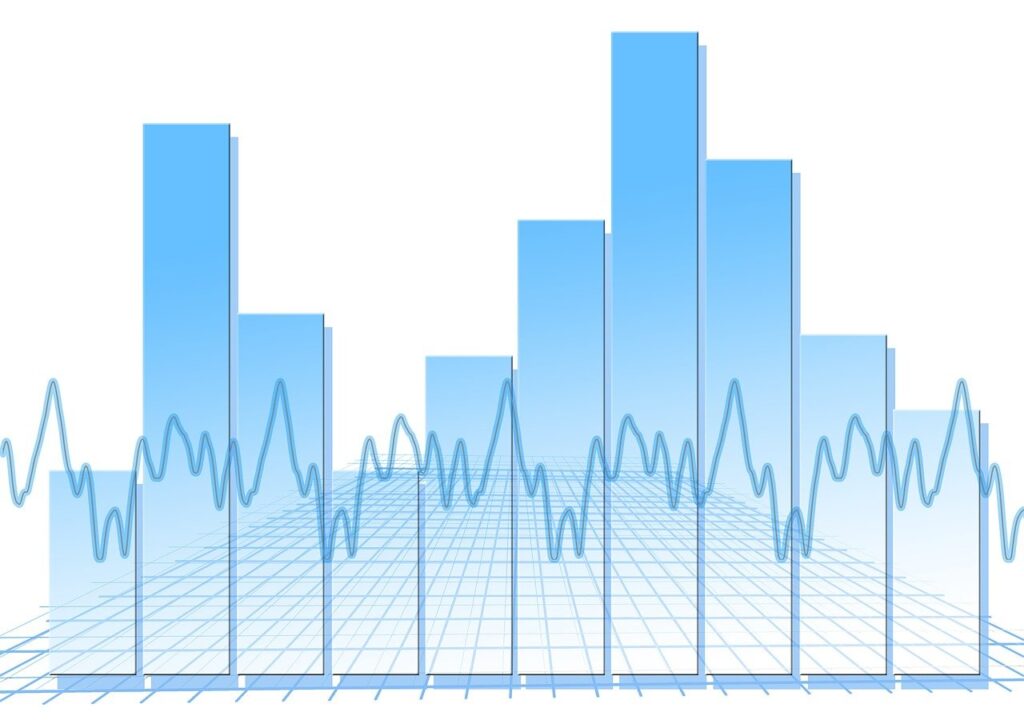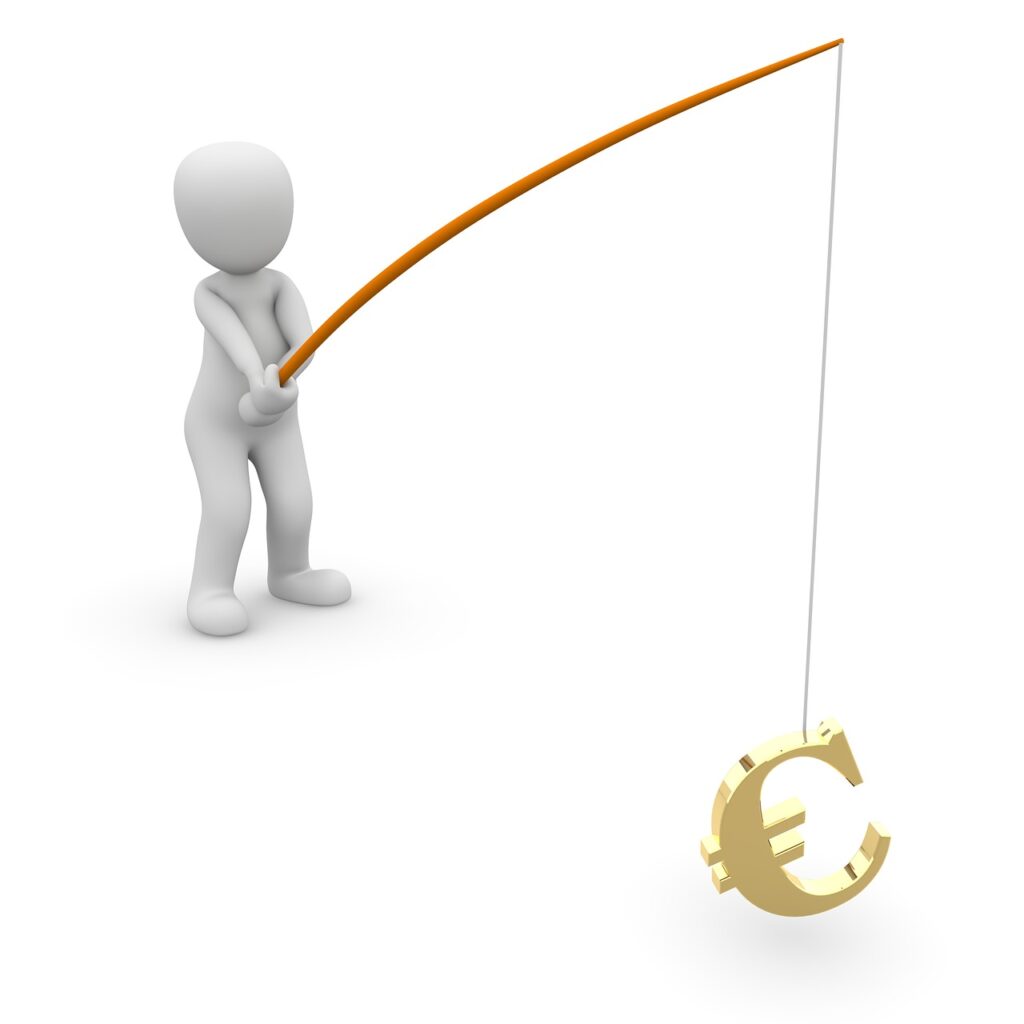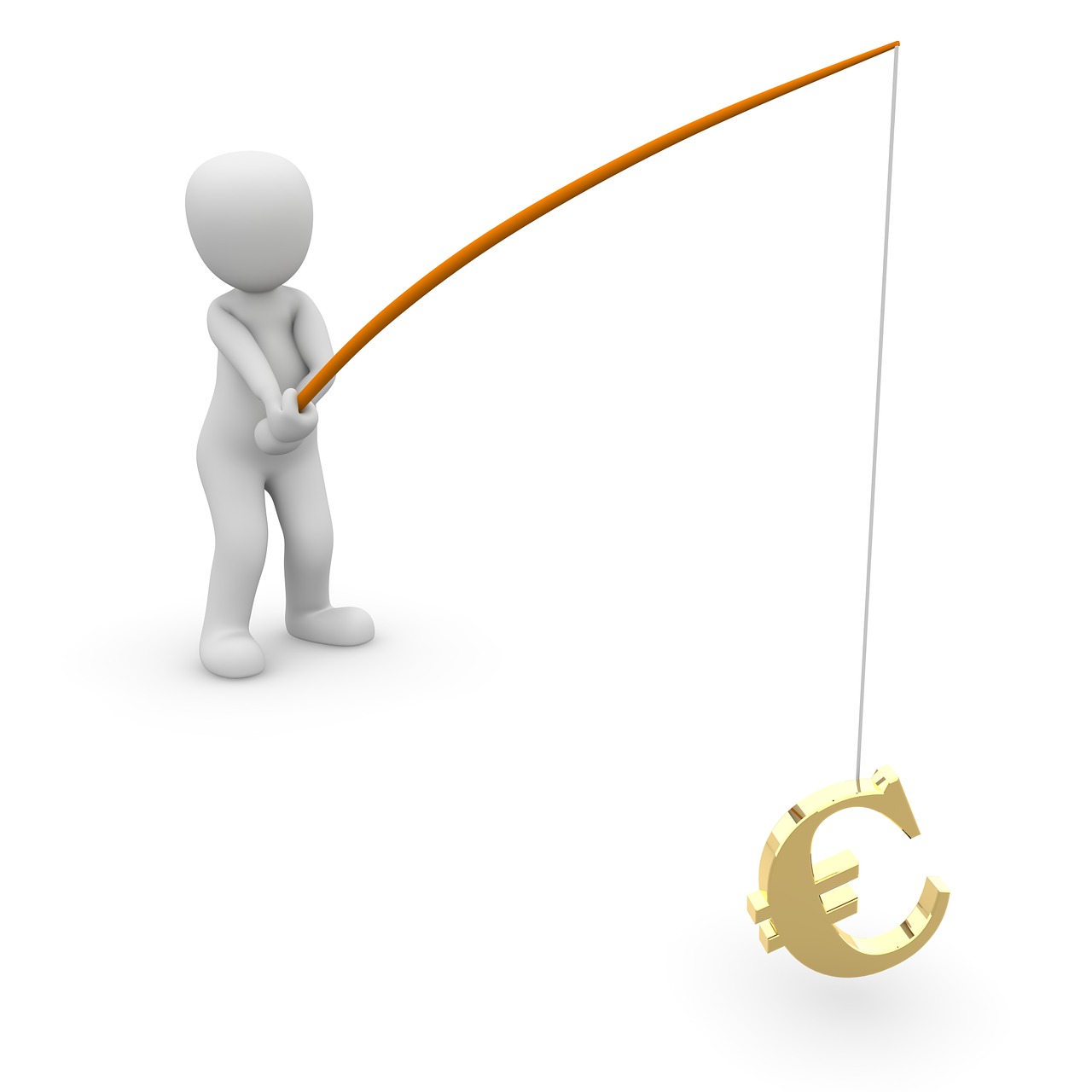Bolstering your financial planning requires a comprehensive understanding of when your payments will arrive. “When Will I Get Paid?” is a comprehensive guide that offers insight into the complex landscape of payment schedules, bridging the gap between uncertainty and clarity for you. Expert advice and informed discussions will aid you in navigating the often murky waters of salary agreements, invoicing, and financial mishaps. If you have ever found yourself pondering the question, “When will I get paid?” then you’re in the right place. Let’s embark on this educational journey and arm you with the knowledge to expertly manage your payment expectations.
Understanding Your Pay Cycle
Understanding your pay cycle is crucial to effectively managing your cash flow, planning your budget, and saving for future needs. This understanding leads to better financial planning and helps avoid stress from untimely payments of bills or any unforeseen needs.
Determining your pay period
Firstly, you need to comprehend your pay period to know when your earnings will be available. Your pay period relates to the frequency at which you’re paid. It might be weekly, bi-weekly, semi-monthly, or monthly. You can find this information on your pay stub or by asking your company’s human resources representative if you’re unsure.
How often are you paid?
The frequency at which you are paid depends on your pay period. If you’re paid weekly, you’ll receive your earnings 52 times a year. If you’re paid bi-weekly, which is every two weeks, it’ll be 26 times. A semi-monthly period means you’ll be paid twice a month, totaling 24 times a year, while a monthly pay period indicates 12 payments a year.
On-Demand Payroll
Let’s discuss another aspect — the on-demand payroll.
What is on-demand payroll?
On-demand payroll, also known as instant pay or payday advances, allows you to collect your earnings as soon as you’ve earned them. Instead of waiting for a scheduled payday, you can access your wages as you earn them. Some companies offer this as a perk to their employees.
Pros and Cons of using on-demand payroll
The convenience of accessing your earnings immediately is one of the obvious benefits of an on-demand payroll system. It helps with unexpected bills or expenses that crop up before payday. However, on the downside, it could instigate poor budgeting habits since you’re not waiting for an extensive period to access your money. It might also come with fees, depending on the company’s policy.

Standard Payroll
Next, let’s talk about standard payroll.
What is standard payroll?
Standard payroll is a traditional payment system where companies maintain a specific pay schedule. The employers distribute the paychecks on specific dates assigned as payday.
When can you expect to get paid with standard payroll?
With standard payroll, the pay dates depend on the pay period that has been established by your employer. It could be the last day of the month, Fridays, or any other regular dates set by the company.
Delayed Payments
Delayed payments can be a significant concern for many employees.
Why does payment delay occur?
Payment delays can occur for a few reasons. It could be due to administrative slowdowns, like bank holidays or weekends, changes in the payroll system, or company-wide financial troubles.
How to deal with delayed payments
It’s important to communicate with your payroll department or your manager if you experience delayed payments. They may be able to provide insight on why there’s a slow-down or delay. Persistent delays might necessitate legal action or looking for a more reliable income source.

Direct Deposit Payments
Direct deposit payments are prevalent in today’s digital world.
Understanding how direct deposits work
Direct deposit is a form of payment where your employer electronically transfers your earnings directly into your bank account. It eliminates the need for paper checks or cash transactions.
Timeframe for direct deposits
The timeframe for direct deposits typically depends on the norms of the involved banks. Generally, it may take a few hours to one business day for the deposit to reflect in your account post the payday.
Cheque Payments
Cheque payments, while less common in today’s digital era, still exist in several industries.
When can you expect to get paid by cheque?
If your employer uses cheque payments, you can expect to receive your cheque either by mail or handed to you by your employer on payday.
Uncashed cheques and their implications
Uncashed cheques can lead to complications. If not deposited within a certain period, the cheque may become stale dated and won’t be accepted for deposit. It’s important to cash or deposit the cheque as soon as possible to avoid such issues.

Freelance or Contract Positions
Payments for freelance or contract positions can differ significantly from salaried employee payments.
Payment terms for freelancers
As a freelancer, you’re often paid per-project or per-hour with payment terms defined in the contract. These terms should include the amount to be paid, due date for payment after invoice submission, and any late payment penalties.
How to protect your earnings as a freelancer
Protect your earnings by setting clear contracts with your clients. An irrefutable agreement ensures you get paid for your work. You might also consider requesting an upfront deposit, especially for larger contracts.
Hourly Wages vs. Salaries
The distinctions between hourly wages and salaries can have significant implications for when and how you’re paid.
Difference between being paid hourly and getting a salary
Hourly employees are paid for each hour worked, including overtime, whereas salaried employees receive a set amount per pay period, regardless of how many hours they work.
How these payment methods affect when you get paid
Hourly employees’ paychecks may fluctuate based on the number of hours worked, but they can expect to receive payment based on their company’s established pay cycle. For salaried employees, their paycheck remains consistent unless there are deductions or bonuses each pay period.
Unique Situations Impacting Payment
There are unique scenarios that can affect when and how you receive payment.
Severance pay and when you should expect it
Severance pay is compensation that you could receive when you leave your job under particular circumstances. It is usually calculated based on your length of employment and is typically paid in one lump sum.
Bonuses, commissions, and other unique payment circumstances
Bonuses and commissions are categorized as supplementary income. The timeframe for receiving these payments is usually outlined by the company policy or your employment agreement.
Legally Mandated Payment Laws
Lastly, it’s crucial to have basic knowledge of your rights as an employee.
Basic knowledge of the Fair Labor Standards Act (FLSA)
The Fair Labor Standards Act sets federal standards for minimum wage, overtime pay, child labor, and record-keeping for full-time and part-time workers in both the private sector and in federal, state, and local governments.
Understanding state-specific payment laws
Each state may have its own labor laws in addition to FLSA regulations. These may govern the minimum wage, overtime, meal breaks, and paydays. Take time to know your state’s wage laws to ensure you’re being paid fairly and on time.






